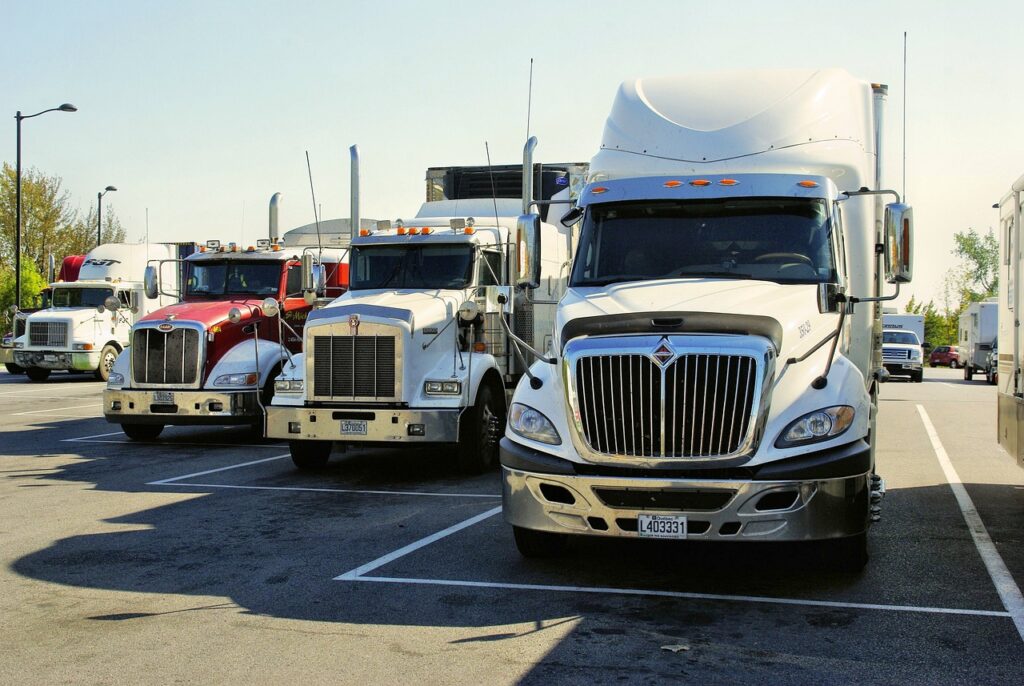As the transportation industry braces for potential shifts under a Republican federal trifecta, we examine the ways new policies might impact transportation and logistics, from environmental standards to taxation. A Republican-led Congress and administration would likely prioritize business-friendly policies, and here we analyze the expected shifts in regulation, taxes, and transportation safety mandates.

1. Weaker Environmental Regulations for Transportation
A Republican administration often favors easing environmental regulations to support business growth, which could significantly impact transportation. Under Democratic leadership, emissions regulations became stringent, with rules that emphasized electric and low-emission vehicles. With Republicans in control, federal emission standards may see a rollback, especially those affecting heavy-duty trucks.Key Changes:
- Eased Emission Standards: The Environmental Protection Agency (EPA) could relax current restrictions, giving more flexibility to vehicle manufacturers.
- Limitations on California’s CARB Waivers: The administration may restrict California’s ability to enforce its unique environmental standards, such as its aggressive push for electric trucks.

2. Tax Reductions to Support Growth in Trucking
With Republicans controlling tax legislation, the transportation industry may benefit from further reductions in corporate taxes, specifically those impacting trucking companies. Previous Republican administrations lowered corporate tax rates, and a similar trend is anticipated.Benefits to Trucking Companies:
- Lower Corporate Tax Rates: A possible reduction in federal tax rates could boost profitability for trucking businesses, providing more capital for expansion and upgrades.
- Excise Tax on Trucks: There is bipartisan support to remove the federal excise tax on heavy trucks, which currently stands at 12%. Eliminating this tax could make purchasing new trucks more affordable.
3. Reduced Chances for Speed Limiter Mandates
Mandated speed limiters for trucks, a topic of debate in recent years, would likely be deprioritized under a Republican administration. Republican leaders argue that speed limiter mandates could interfere with business operations and reduce efficiency.Industry Perspectives:
- Safety vs. Operational Efficiency: Many independent owner-operators argue that speed limiters reduce their control over driving conditions, potentially leading to increased congestion and road interactions.
- Legislative Pushback: Bills like the DRIVE Act aim to prevent the Federal Motor Carrier Safety Administration (FMCSA) from enforcing a speed limiter rule.




